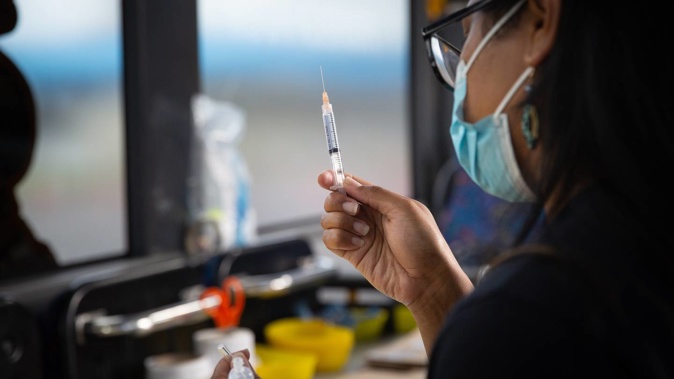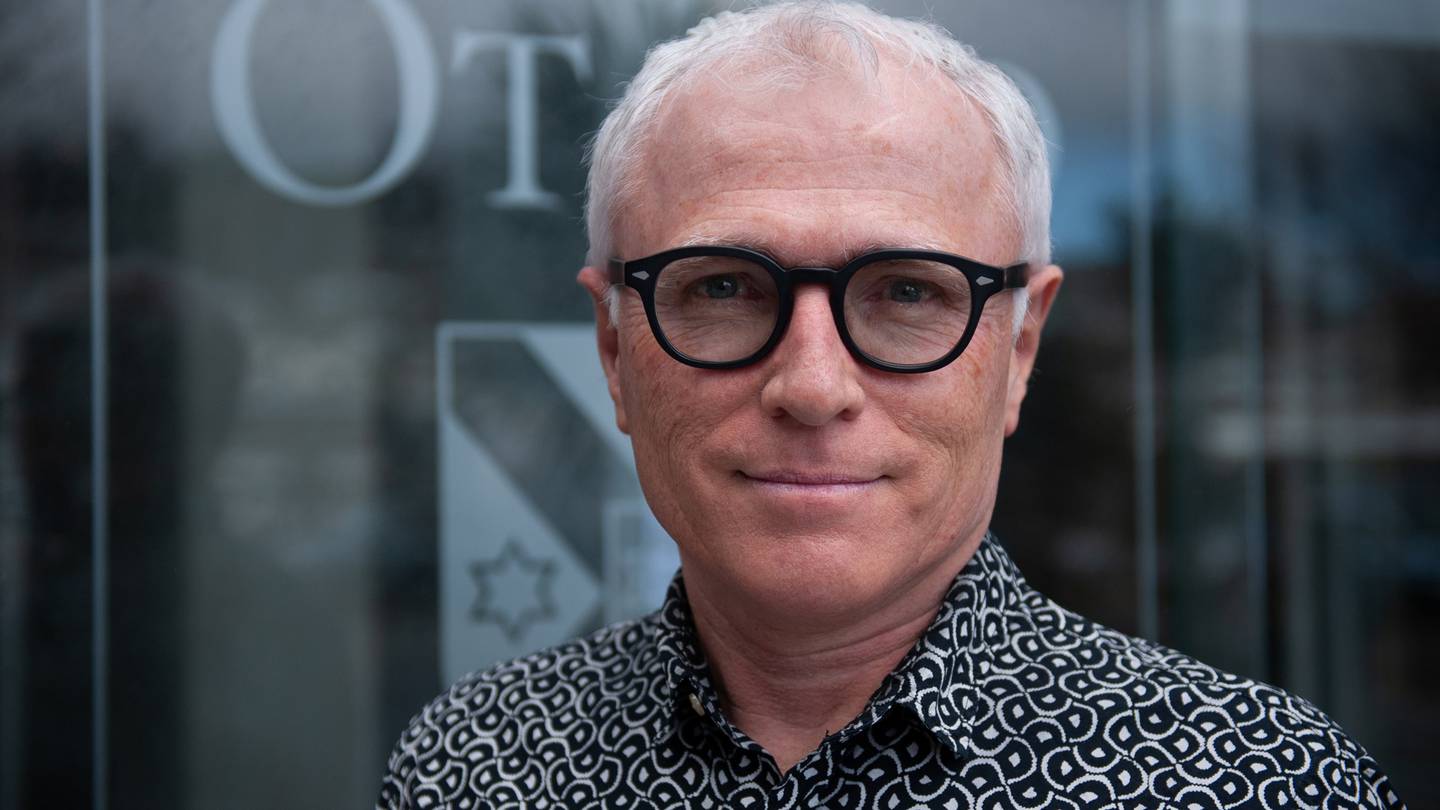
Epidemiologist Michael Baker does not believe New Zealand is ready for an Omicron outbreak.
The University of Otago professor told Newstalk ZB that New Zealand should try to delay the arrival of Omicron in the community "for at least a couple of months", to give the country time to prepare.
He also said the traffic light system "isn't going to help us a great deal with Omicron", and that brief, localised lockdowns might have to be considered.
"Arguably nowhere is ready for [Omicron], but there are degrees of readiness," he told ZB's Tim Beveridge today.
"New Zealand is one of the last countries in the world that has been able to keep Omicron out, and this is a great opportunity for us to prepare better than other places, and learn from the experience of other countries.
"I don't think we can eliminate this virus, it's too infectious. We may not even be able to suppress it as we're doing with Delta ... Omicron appears to be too infectious to do that.
"So, we're looking at a more mitigation approach, which is about flattening the curve and making it as manageable as possible in minimising the harm."
Baker supported the Government's move to shorten the gap required between people receiving their second vaccine dose and a booster dose, from six months down to four.
He also stressed the importance of vaccinating children quickly before an Omicron outbreak, to minimise the harm for them and to add to population immunity.
"They are the two most important things," Baker said.
Then, he said, New Zealand needs to make sure hospitals stay functioning, that people can be cared for at home and that the right approaches are in place for schools and workplaces for an outbreak.
But that doesn't mean traffic light levels need to change before Omicron arrives, Baker said.
"Prior to any outbreak we don't need to change the traffic light colour," Baker told a ZB caller.
"The traffic lights are not so much about dampening down community transmission, they're much more about an indoor vaccine mandate and protecting people in those indoor environments."
He warned that the traffic light system is not the same as the alert level system previously used by the Government in response to Covid-19, but many people are still looking at them in the same way.
"The traffic light system isn't going to help us a great deal with Omicron. We need to look at level 2 in the alert level system and potentially a brief lockdown.
"If we had a very intense Omicron outbreak in Auckland, which is probably the most likely place where it would start, we'd have to think about not overwhelming the health system. And if we're worried about that, we might need to go to an equivalent of alert level 3 again."

University of Otago epidemiologist Professor Michael Baker. Photo / Supplied
Baker said when the Government introduced the traffic light system, it said localised lockdowns for a brief period might be considered.
"It's one of those options that's there ... but hopefully it won't be needed."
The number of cases at the border is rapidly increasing, and the Ministry of Health said it is now assuming all recent arrivals who test positive have the Omicron variant.
There have been 64 new cases identified at the border in the past two days, with a number of returnees arriving from the UK, US and India - countries where Omicron outbreaks have swamped the population.
It is unclear exactly how many Omicron cases are in New Zealand currently.
"We will now prioritise whole-genome sequencing for any positive cases of Covid-19 in border-related workers and their families," the Ministry told the Herald.
"This is where there is the greatest risk of Omicron entering the community. This new approach will help to ensure the risk of any community transmission of Omicron remains low."
Experts fear the increase of Omicron cases in MIQ facilities is Increasing the risk of the variant entering the community.
University of Canterbury professor and Covid-19 modeller Michael Plank said MIQ cases are now up by a factor of >10 compared with last year, and if that continues New Zealanders might expect the "next outbreak to occur in 18 days rather than 180 days".
"The 18 days is not to be taken literally, or to be taken with a very large pinch of salt, because it's impossible to predict exactly when that would happen," he told the Herald on Thursday.
"But what it does show is that there's a very high risk at the moment."
- by Miriam Burrell, NZ Herald
Take your Radio, Podcasts and Music with you









